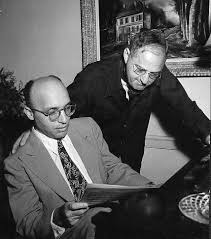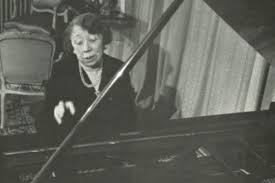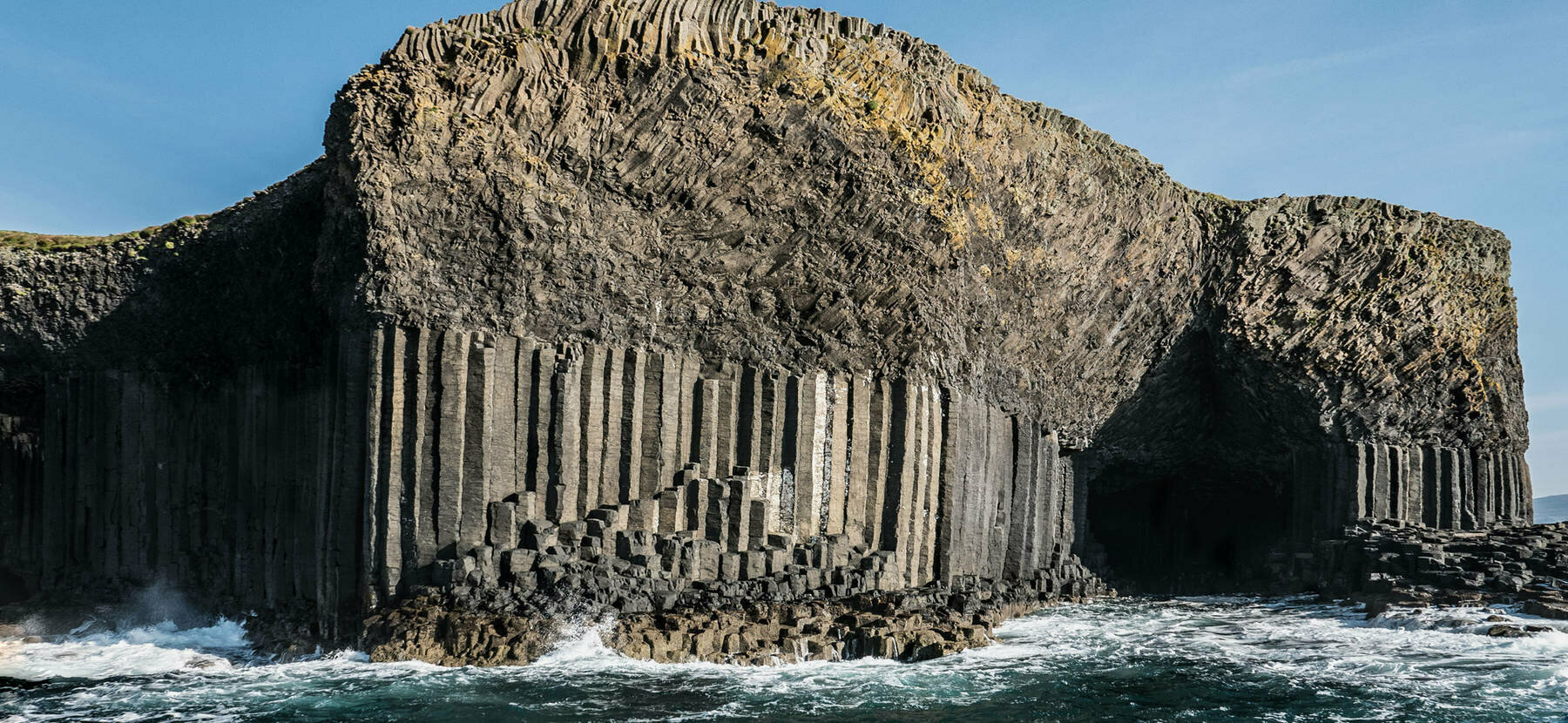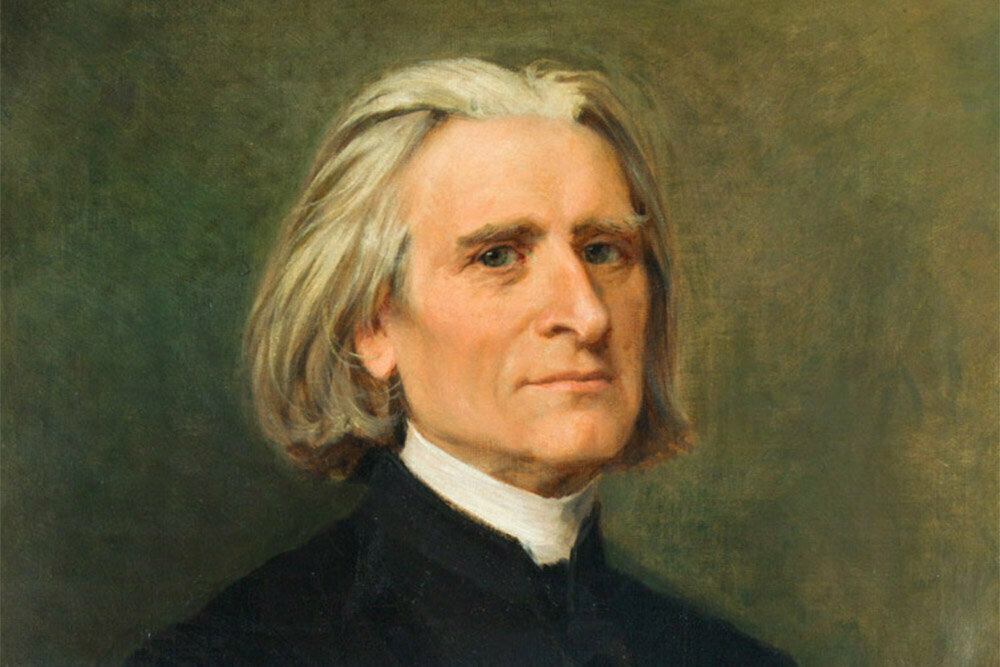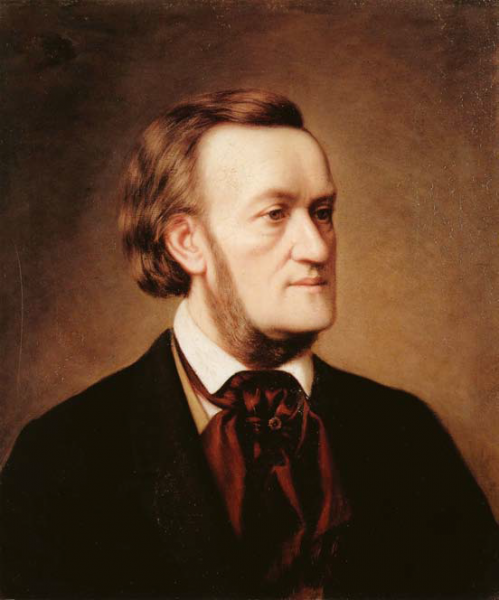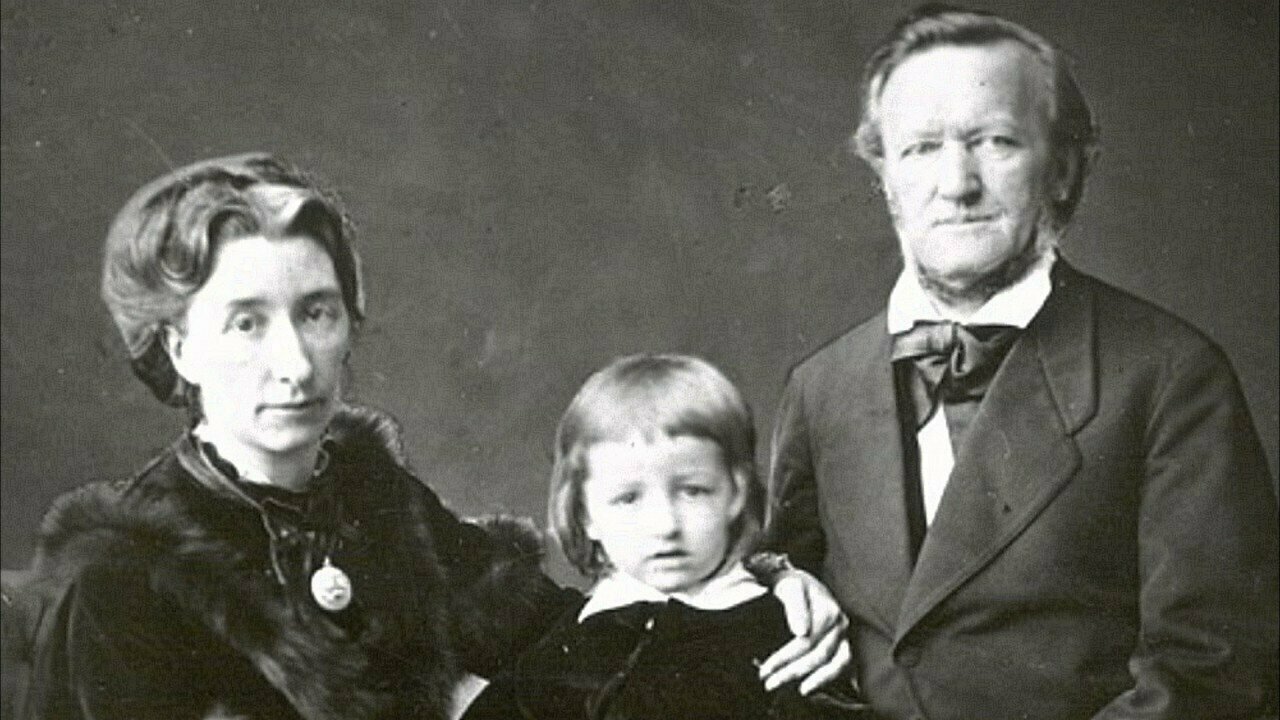Liza Elliot (mezzo-soprano) is a successful editor of a popular fashion magazine. Nevertheless, she is highly uncomfortable with the success-oriented and male-dominated society. Liza is also conflicted about the love interests in her life, and she can’t decide between her
On This Day
Wolfgang Amadeus Mozart had contemplated a journey to London in the autumn of 1786. However, his father Leopold strongly objected, and he even refused to look after Mozart’s children. As such, instead of going to London, Mozart accepted an invitation
After months of careful planning, Maurice Ravel embarked on a 4-month tour of North America in 1928. In all, he visited 25 cities coast-to-coast, and performed and conducted the leading orchestras of Canada and the Unites States. Ravel also made
Described as one of the natural wonders of Scotland, Fingal’s Cave is located on the uninhabited island of Staffa, in the Inner Hebrides. Formed from hexagonally jointed basalt columns it became known as “Fingal’s Cave” after the hero of an
In the world of classical music, Franz Liszt (1811-1886) was the perfect storm! Handsome and fiery, Liszt quickly realized that a musical performance was much more than merely pressing down the correct keys in the correct order. That meant paying
Richard Wagner (1813-1883), not for the first or last time in his life, had to flee his creditors in 1839. His employment in Riga had left him and his wife Minna heavily in debt, and police officials had even impounded
One of the episodes in the Nativity of Jesus describes the annunciation to the shepherds, in which an angel tells a group of shepherds about the birth of Jesus. Initially, this was part of the broader Nativity scene, which also
Birthday presents come in all forms, shapes and sizes. When Cosima Wagner awoke on 25 December 1870 to celebrate her 33rd birthday, a group of 17 musicians had assembled on the stairs leading to her bedroom. With Richard Wagner conducting,

